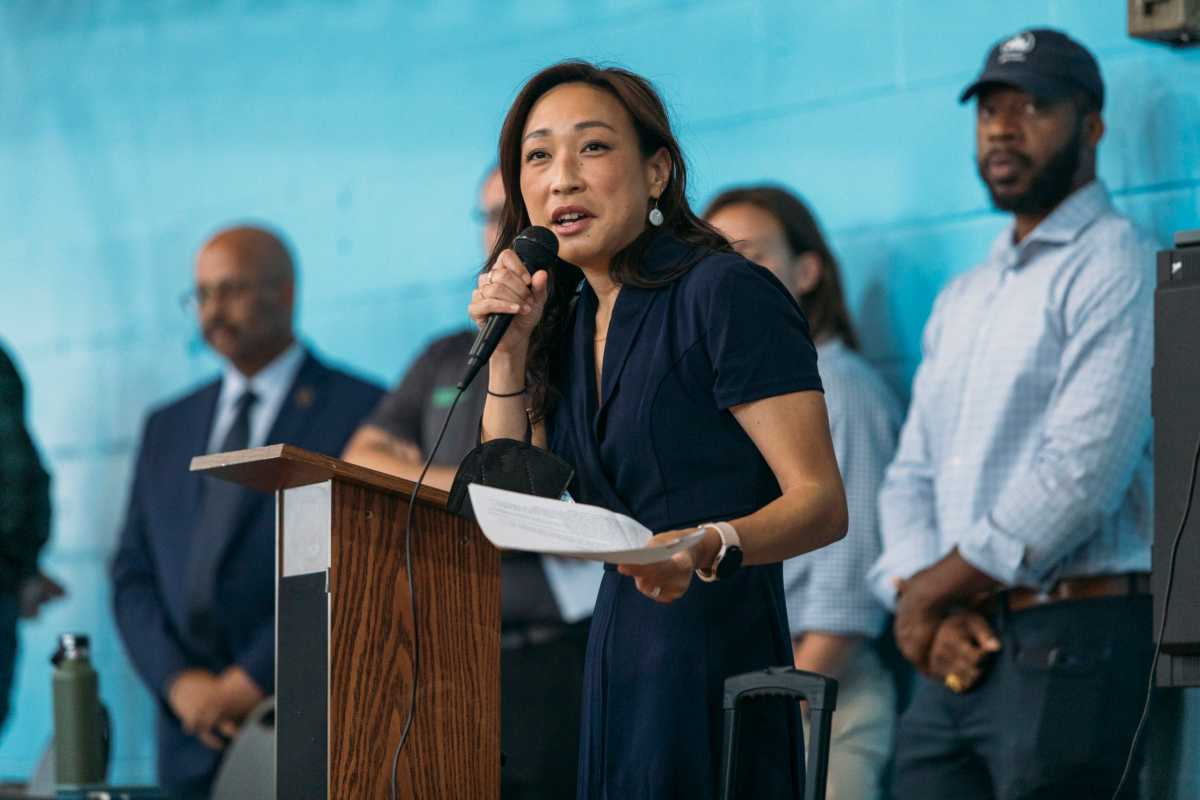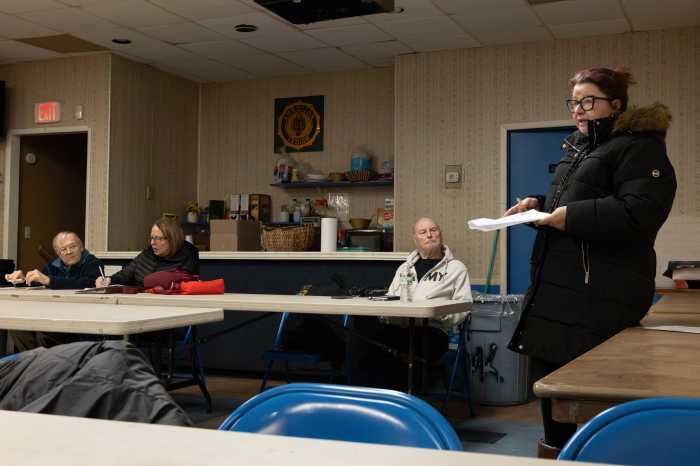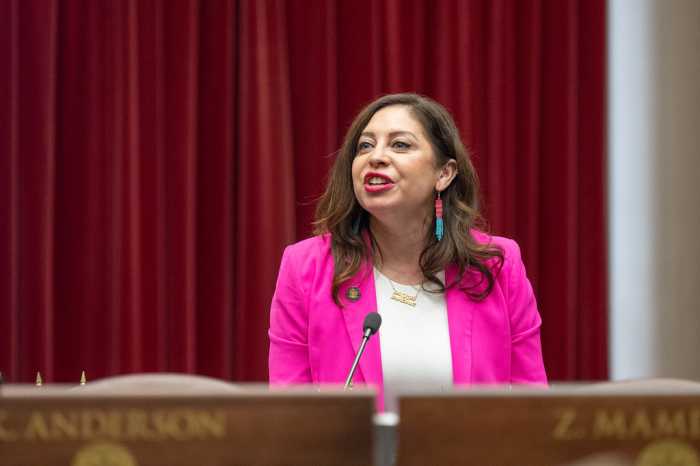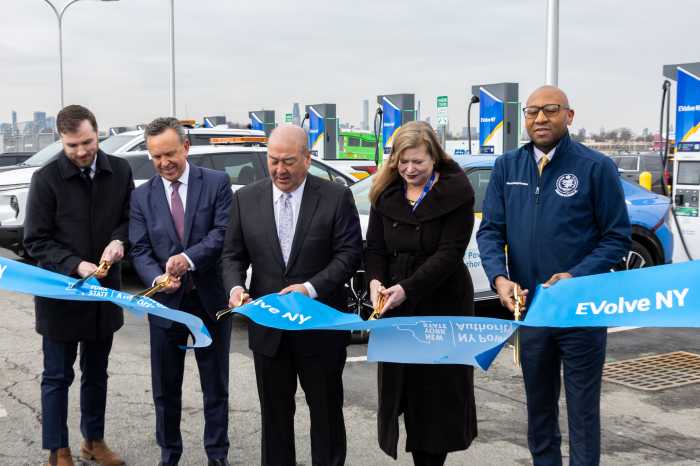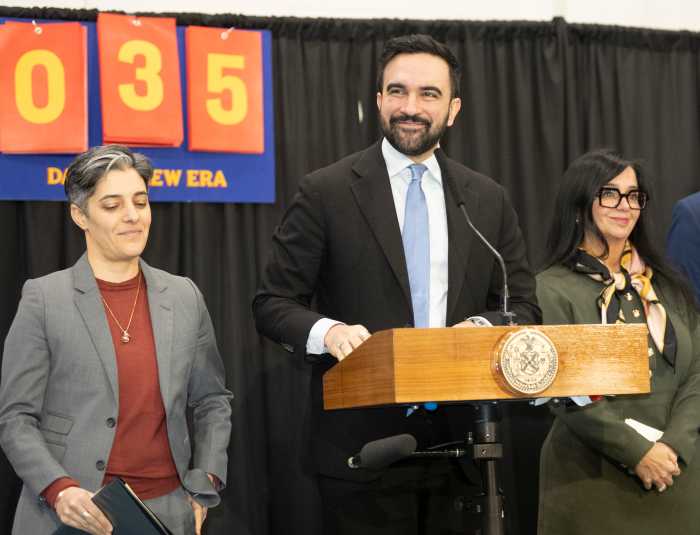The New York City Council voted to pass Councilwoman Linda Lee’s bill, Int.0404, to require the city Department of Health to track and report on the funds secured for the city and New York State Attorney General Letitia James from settlements with opioid manufacturers and distributors.
The report would include the total money found in the opioid settlement fund, the total money withdrawn from the opioid settlement fund, where this money is being spent, the number of New Yorkers benefitting from the fund, and a timeline of when the fund will be depleted.
“For the first time in decades, New York City has an opportunity to address a massive public health crisis in a manner that will maximize coordination between the city, state, various government agencies and community-based service providers, while simultaneously providing the utmost transparency for New Yorkers,” said Lee, chair of the Committee on Mental Health, Disabilities and Addictions. “Every three hours a New Yorker dies from a drug overdose, and as a social worker, I have seen how the ongoing opioid epidemic has created turmoil that families across our city have paid for with their lives. New York City deserves to know how we will combat this crisis, and Int.404 serves as the blueprint that will give our residents insight into our efforts to build preventative and rehabilitative programming to end the opioid epidemic.”
Lee thanked James for holding opioid manufacturers accountable for the damage they have caused, her colleagues in the committee on Mental Health, Disabilities and Addictions for their support, and Council Speaker Adrienne Adams for her leadership on this issue.
According to the most recent data, every three hours someone dies of a drug overdose in New York City with more residents dying of overdoses than homicides, suicides and motor vehicle crashes combined. The first round of investments that New York City will receive over the next five years will build on the city’s $60 million allocation for HealingNYC, the city’s existing plan to address the opioid overdose epidemic as well as other baselined objectives to support measures in overdose prevention, harm reduction and preventative care.
The city plans to meet the objectives identified below:
Strengthening harm reduction and treatment in communities
- Sustaining and expanding hours and services at the city’s existing Syringe Service Programs (SSPs) that operate Overdose Prevention Centers (OPCs) to reduce the risk of overdoses among people who use drugs and offer them connections to other services and supports, like treatment.
- Expanding access to Street Health Outreach and Wellness (SHOW) mobile harm reduction clinics and connections to provide care in communities hardest hit by the overdose epidemic.
Expanding support for treatment optimization strategies
- Supporting additional staff within the city’s public hospital system to expand their emergency department substance use consult team to 24/7 operations across 11 hospitals.
- Training the behavioral health workforce to build expertise in addressing co-occurring psychiatric and substance use disorders.
Strengthening community support for people who use drugs and their families
- Expanding support for the families of drug overdose decedents by connecting them to critical mental health and social services supports in the crucial window following a death and according to their particular needs.
Lee’s colleagues, Council members Joann Ariola and Robert Holden, said Intro 404 is a step in the right direction for increased accountability and transparency, and will assist in ensuring that there is access to these funds for those who need it.
“There needs to be full accountability to the New York City Council concerning where these funds are being sent,” Ariola said. “Those funds should be used for things such as education and for additional addiction services. By requiring the DOHM or any other agency in charge of this money to issue regular reports on where it is going, we can ensure proper oversight and help guarantee those funds are going to the places they are most needed.”
According to Holden, for decades, pharmaceutical companies and doctors have caused the opioid epidemic to continue because of the mass scale and overprescribing of the deadly drugs.
“The opioid crisis is a public health emergency and has wreaked havoc on thousands of families in New York. Thanks to the opioid settlements, those impacted by the scourge get assistance while they rebuild their lives,” Holden said.

